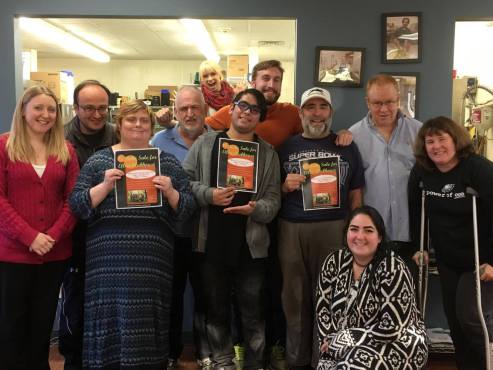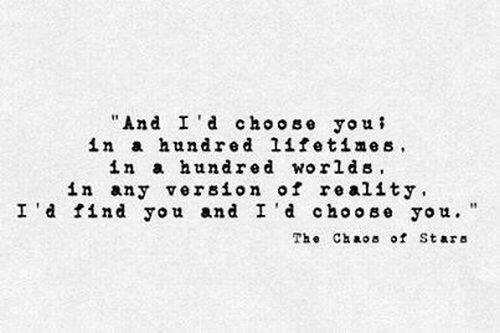 Dialogue is important in every story, because the reader wants to know what the character says, and how they’ll say it. I’ve not spent too much time on dialogue before, so I want to focus in on it, now. I’ve been told I’m pretty good at it, but I know I have room for improvement. To know the character is know how that character speaks. Click to Tweet #dazzlingdialogue #amwriting
Dialogue is important in every story, because the reader wants to know what the character says, and how they’ll say it. I’ve not spent too much time on dialogue before, so I want to focus in on it, now. I’ve been told I’m pretty good at it, but I know I have room for improvement. To know the character is know how that character speaks. Click to Tweet #dazzlingdialogue #amwriting
The interaction of characters is the fastest way to improve your manuscript, according to James Scott Bell, whose Early Bird ACFW session I attended in September.
In her book Dance of Character and Plot, best-selling, award-winning author DiAnn Mills, (a mentor) says, “Some fiction experts claim dialogue’s purpose is to move the story along or enhance characterization, but I prefer what Gloria Kempton says: ‘Dialogue’s purpose, and there is no exception to this, is to create tension in the present and build suspense for what’s to come…Effective dialogue always, always delivers tension.’”
 Mills says, “I like to think about dialogue as a war zone. When a writer declares war between characters, the page becomes a battlefield, and the verbal and nonverbal exchange explodes on your manuscript.” Wow.
Mills says, “I like to think about dialogue as a war zone. When a writer declares war between characters, the page becomes a battlefield, and the verbal and nonverbal exchange explodes on your manuscript.” Wow.
We’ll be looking at dialogue examples from different sources to illustrate various points in this series.
One way of looking at dialogue: it’s a compression and extension of action. Every character has a “want” in a scene. They’re saying something because they either want something, or they want to avoid something. Maybe what the character says will throw the one they’re talking with––off the track, the true track.
When we think of every character, especially the point-of-view (POV) character, going into a scene with a private agenda, their motives, desires, and degree of desperation, will add punch to what they say.
Think about yourself in your everyday, normal conversations. Let’s say I want to ask my hubby to do something different and special for me. How would I go about that? I could flatter him, or I could be straightforward. I usually am straightforward with him. However, I do try to uplift him, praise him, encourage him, as well.
One thing I’ve noticed, because I’m guilty of it, and it’s been pointed out to me, is the overuse of the character’s name in dialogue. Here’s an example. It’s a dialogue between Meghan and Rose. I’m just making this up.
Rose put her teacup on the dining table, as she and Meghan began her lessons. “Meghan, do you really think I’m smart enough to become a nurse?”
Meghan nodded. “Of course you are, Rose. Didn’t Scott say you had the makings of a fine nurse?”
“Yes, Meghan, he did tell me that, but…”
“That should tell you something, Rose.”
Once the speaker is identified, through a beat or a dialogue tag, their name doesn’t need to be used in every line of dialogue. We don’t speak that way in real life. Neither should your characters. Dialogue should be crisp and tight, not rambling without purpose. Click to Tweet #dazzlingdialogue #amwriting
Advertisements Share this:





